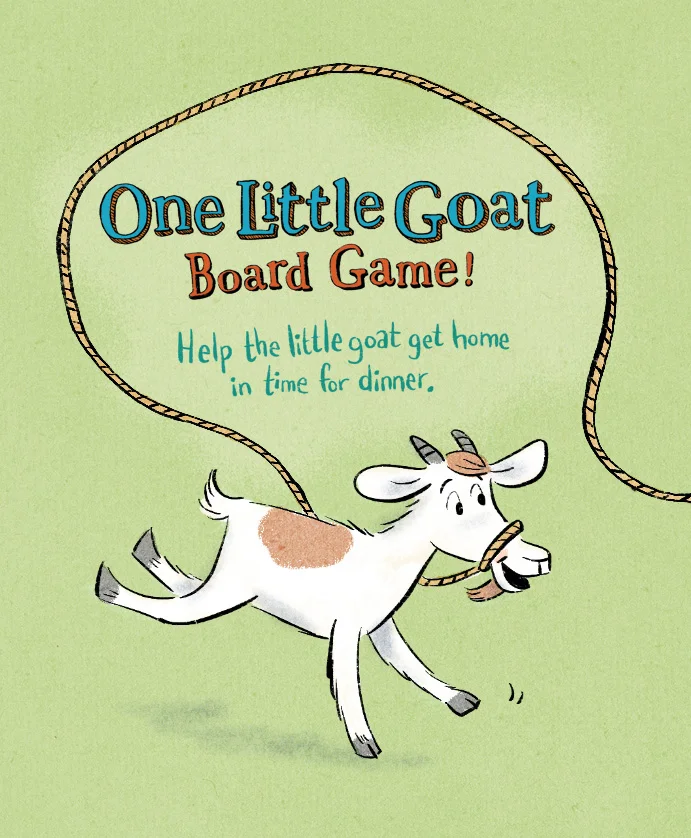Click on this picture for a printable colour board game to go with the story! And click here for a colouring-in sheet of the same game.
photo: Vicki Skarratt

photo: Vicki Skarratt

Click on this picture for a printable colour board game to go with the story! And click here for a colouring-in sheet of the same game.

